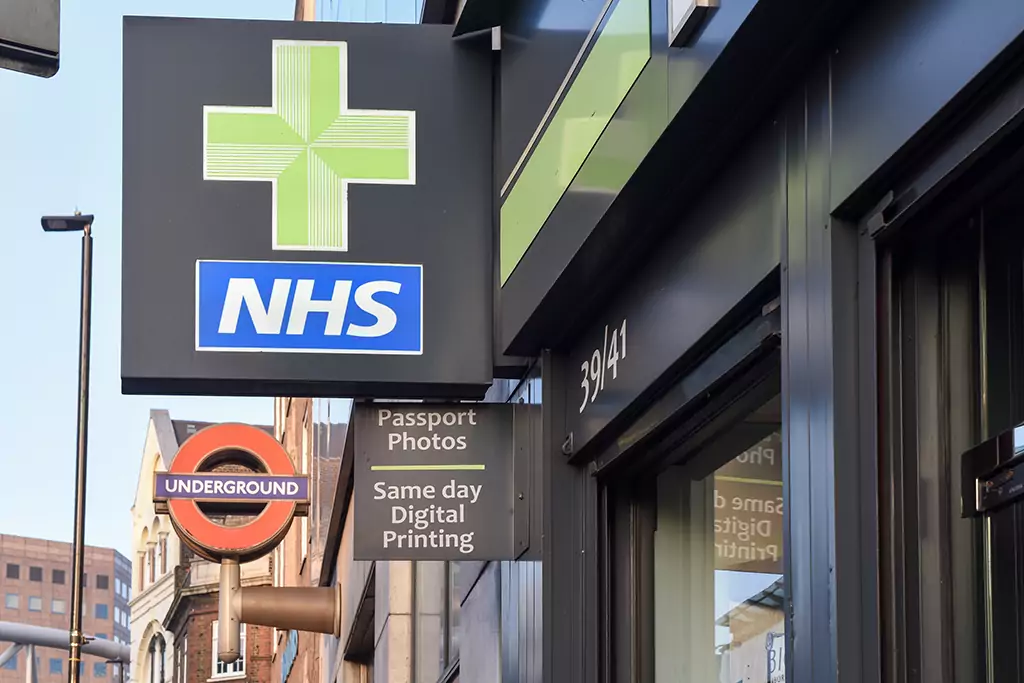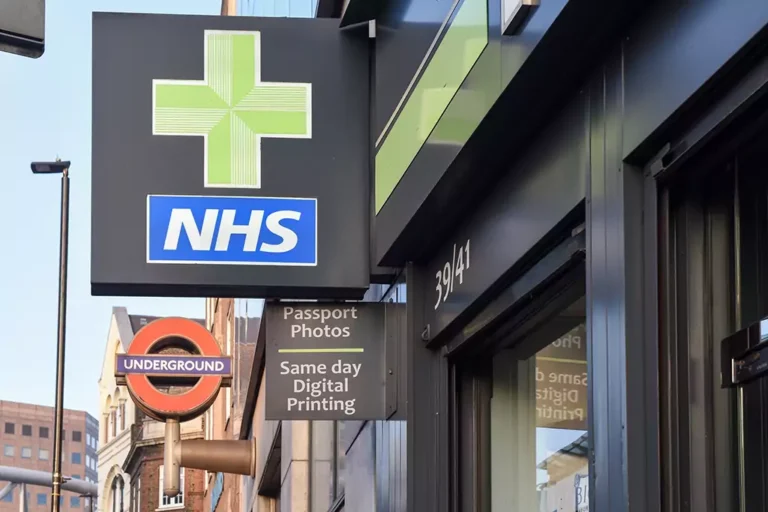How to Register as a Pharmacist in the UK: A Step-by-Step Guide
Are you an overseas pharmacy graduate looking to build your career in the UK? The process of UK pharmacist registration might seem complex, but with the right guidance, you can successfully navigate it. This guide will walk you through everything you need to know about pharmacy registration UK for foreign graduates, including the General Pharmaceutical Council (GPhC) registration process and Overseas Pharmacists Assessment Programme (OSPAP) requirements.
Understanding the UK Pharmacy Registration Process
If you’re an international pharmacy graduate, you must complete specific steps before you can register as a pharmacist in the UK. These include verifying your qualifications, completing the OSPAP course, undertaking a foundation training year, and passing the GPhC registration assessment.
Step 1: Verify Your Pharmacy Qualifications
Before applying, check if your pharmacy degree is recognized by the General Pharmaceutical Council (GPhC). The GPhC assesses overseas qualifications on a case-by-case basis. If your degree is not directly recognized, you may need to complete additional training before proceeding.
For more details, visit the official GPhC website.
Step 2: Complete the OSPAP Course
Most non-EU pharmacists must complete the Overseas Pharmacists Assessment Programme (OSPAP). This is a one-year postgraduate diploma designed to bridge the gap between international pharmacy qualifications and UK pharmacy practice.
Finding an OSPAP Course
Several UK universities offer accredited OSPAP courses. When selecting a university, consider factors such as course structure, location, and tuition fees.
Each university has its own admission criteria, including academic and English language proficiency requirements. Typically, you will need:
- IELTS score of 7.0 in each component OR
- OET with a minimum grade of B in each component
Step 3: Secure a Foundation Training Placement
After completing OSPAP, you must undergo 52 weeks of supervised foundation training in a GPhC-approved pharmacy setting.
How to Find a Training Placement
Finding a foundation training placement can be competitive, but platforms like Global Pathways can assist in securing placements. This hands-on training allows you to apply your knowledge and gain essential experience under the supervision of experienced pharmacists.
Step 4: Pass the GPhC Registration Assessment
Once your foundation training year is complete, you must pass the GPhC registration exam. This assessment tests your competence in clinical knowledge, pharmacy law, and professional ethics.
To prepare effectively:
- Use official GPhC resources and past papers.
- Join study groups and online forums.
- Consider enrolling in a GPhC exam preparation course.
Step 5: Apply for Full GPhC Registration
After successfully passing the GPhC registration exam and meeting all other requirements, you can apply for full registration with the General Pharmaceutical Council.
Once registered, you will receive your GPhC registration number, officially allowing you to practice as a pharmacist in the UK.
Why Work as a Pharmacist in the UK?
The UK offers excellent career opportunities for international pharmacists, making it a desirable destination for those looking to build a successful and fulfilling career. The demand for qualified pharmacists continues to rise, with various sectors offering promising roles and long-term stability. Here are some key reasons why you should consider working as a pharmacist in the UK:
1. Competitive Salary Packages
Pharmacists in the UK enjoy attractive salary packages that reflect their expertise and experience. Newly registered pharmacists can expect to earn between £30,000 and £40,000 per year, with the potential to increase significantly as they gain more experience. Senior roles, such as specialist or consultant pharmacists, can earn over £60,000 per year.

2. Diverse Career Opportunities
The UK pharmacy sector is vast and offers numerous career paths, including:
- Hospital Pharmacy: Working in NHS or private hospitals, ensuring patients receive correct medications and providing clinical advice.
- Community Pharmacy: Working in retail pharmacies such as Boots, Lloyds Pharmacy, and independent pharmacies.
- Industrial Pharmacy: Involvement in pharmaceutical research, drug development, and regulatory affairs.
- Primary Care Pharmacy: Supporting GPs with prescribing decisions and patient medication management.
- Academia and Research: Teaching and conducting pharmaceutical research at universities.

3. Strong Career Growth and Professional Development
The UK provides numerous opportunities for pharmacists to enhance their skills through continuous professional development (CPD). The General Pharmaceutical Council (GPhC) requires pharmacists to maintain CPD records, ensuring they stay up to date with the latest medical and pharmaceutical advancements.

Additionally, organizations like the Royal Pharmaceutical Society (RPS) provide training programs and networking opportunities for pharmacists to advance their careers.

4. High Demand for Pharmacists
With an aging population and an increased focus on healthcare services, pharmacists play a crucial role in the UK’s healthcare system. The demand for skilled pharmacists has led to various employment opportunities across the country, including Skilled Worker visa sponsorship for overseas pharmacists.

Many UK employers offer Skilled Worker visa sponsorship, allowing international pharmacists to move to the UK and secure long-term employment.

5. Pathway to UK Permanent Residency for Skilled Workers
For overseas pharmacists, working in the UK can serve as a pathway to permanent residency. The Skilled Worker visa allows pharmacists to work in the UK, and after five years of continuous employment, they can apply for Indefinite Leave to Remain (ILR), granting them permanent residency.

How Global Pathways Can Help You
At Global Pathways, we specialize in guiding international pharmacists through the UK pharmacy registration process. From helping you find accredited OSPAP courses to securing a foundation training placement, we provide expert assistance at every stage.



How Global Pathways Can Help
Navigating the UK pharmacy registration process can be challenging. At Global Pathways, we provide expert guidance to international graduates, offering:
- Assistance with OSPAP university applications
- Support in finding foundation training placements
- Visa and immigration consultancy for overseas pharmacists
- Preparation resources for the GPhC registration assessment
For more information, visit Global Pathways.
Final Tips for Success
- Start early: The registration process takes time, so begin planning well in advance.
- Stay updated: Follow the GPhC website for the latest requirements.
- Network with other pharmacists: Join professional pharmacy groups and forums for insights and support.
Conclusion
Becoming a registered pharmacist in the UK is a rewarding journey that requires dedication and thorough preparation. By following this step-by-step guide, you can successfully navigate the process and achieve your dream of working as a pharmacist in the UK.
Need assistance? Global Pathways is here to help. Contact us today to start your journey toward UK pharmacy registration.










